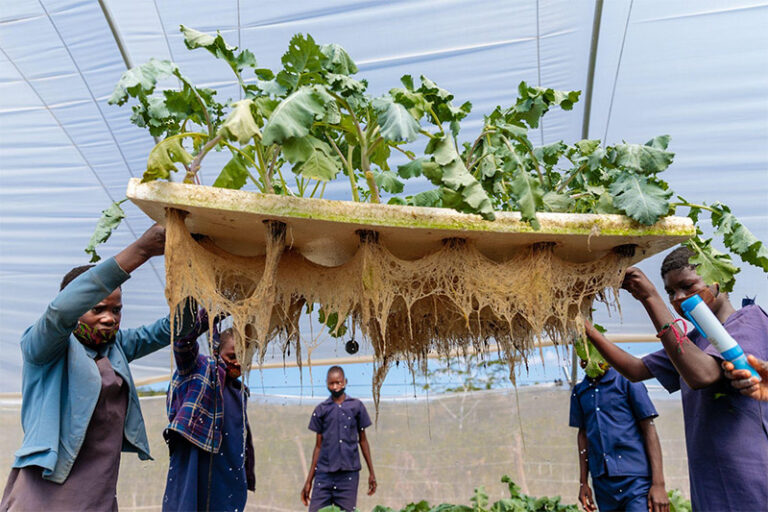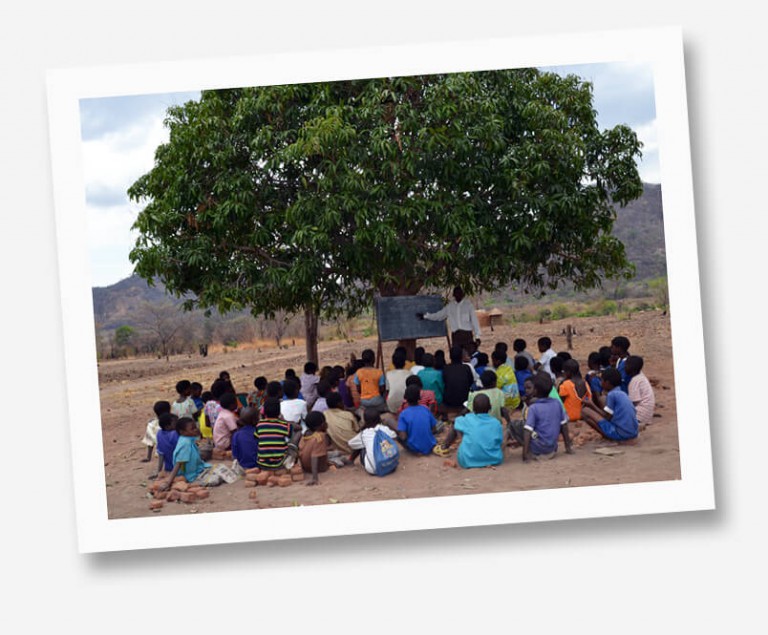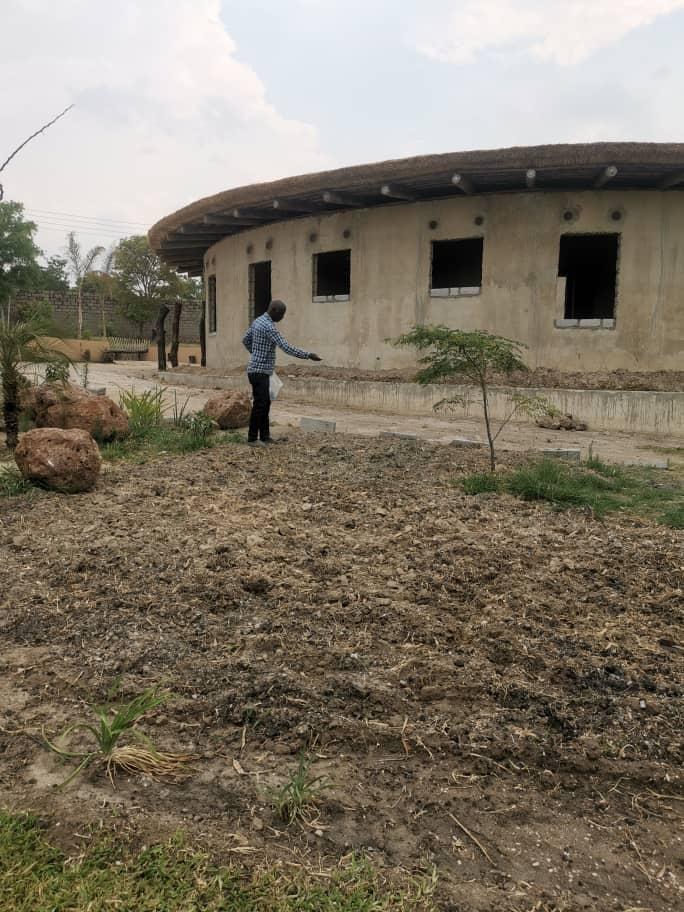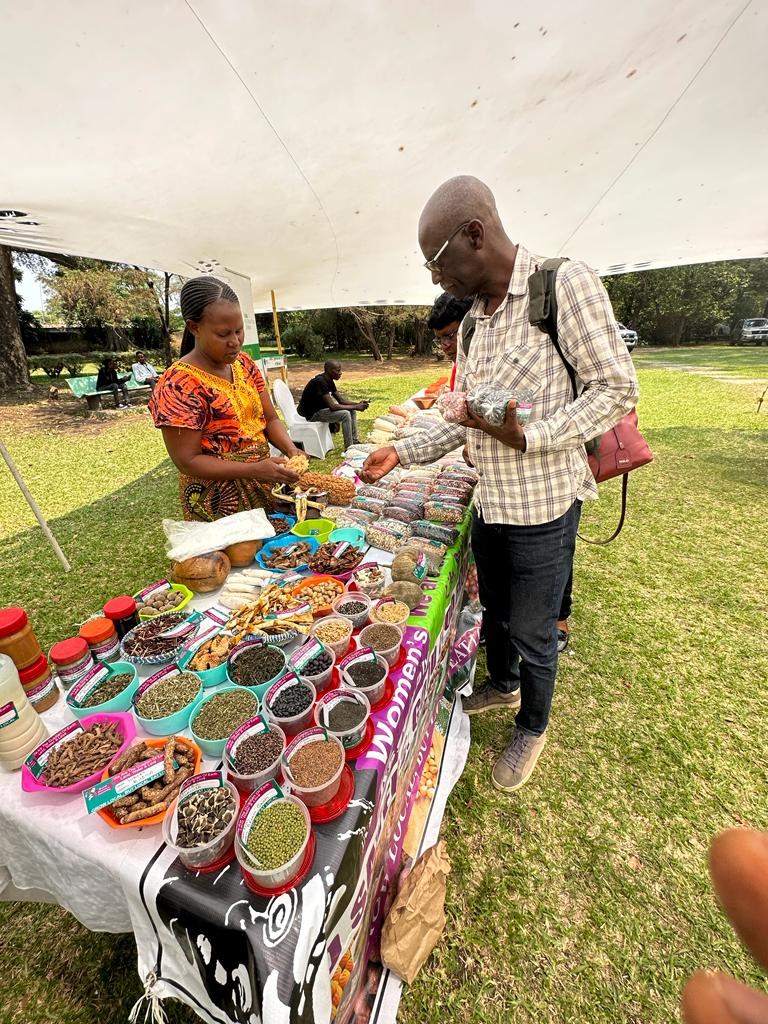This newsletter edition brings a look at GCNF’s recent work—at home and around the world....
Read MoreWho We Are
The Global Child Nutrition Foundation (GCNF) provides governments and their partners with knowledge, tools, and connections to build high-quality school meal programs that support all children and contribute to national educational, agricultural, economic, social protection, health, and nutrition goals.
How We Work
We work together with a global network to ensure that hunger is not a barrier for learning for any child.
Why School Meals
At least 407.8 million children worldwide receive food through their schools.
- For many children in vulnerable situations, a school meal is the only nutritious meal they will receive throughout the day.
- School meals are powerful tools for ensuring children attend school and are able to learn.
- School meal programs have potential to be key drivers of global food system transformation, fostering demand for nutritious foods, supporting livelihoods, and promoting the sustainability of food systems worldwide.
















